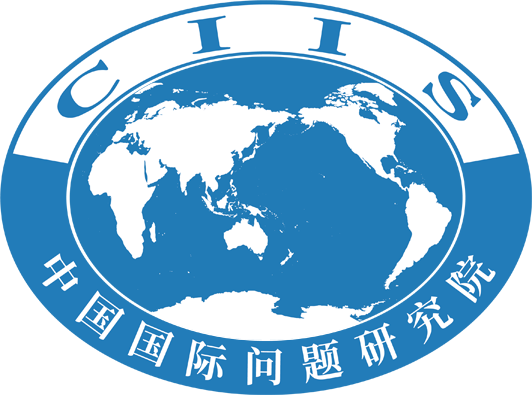
The Shanghai Cooperation Organization (SCO) has now entered a crucial period after two decades of development and continuous expansion, and how to cope with the various challenges and difficulties it faces is “an important test of the SCO’s capability,” Xu Bu, director of the China Center for SCO Studies, said at a symposium marking the SCO’s 20th anniversary in Shanghai on Thursday.
The rise of unilateralism and Cold-War thinking in some countries is a prominent problem in today’s complex international situation, said Xu, who is also president of the China Institute of International Studies.
Merely focusing on their own rights and interests, the self-centered external policies of a few Western countries led by the US are neither in line with the trend of the times nor with the common interests of the international community, Xu noted.
“Unilateralism and hegemony are challenges [to the SCO], but they also highlight the SCO’s value and the essential role it plays in building a new type of international relations based on the principles of mutual respect, fairness, justice and win-win cooperation,” Xu told the Global Times at the symposium.
Other challenges, including difficulties in economic development, public health, the COVID-19 pandemic and climate change, are all major problems that a single country can hardly overcome alone, Xu added. “The international community therefore must join hands and work closely together to address the challenges,” he said.
Twenty years have passed since the SCO was founded in Shanghai in June 2001. The organization contributes to maintaining stability and promoting collaboration in the Eurasian region. It now has eight member states, four observer states and six dialogue partners, uniting a population of over 3 billion.
The establishment of the SCO is the result of profound changes in the international political structure caused by the collapse of the bipolar structure and the emergence of newly independent states in the Eurasian region, SCO Secretary-General Vladimir Norov told the Global Times in an exclusive interview in June.
“This also creates the need for a high-quality international communication system that is not based on ideological confrontation and the primacy of violence, but on the principles of equality, mutual respect, and mutual trust between nations,” Norov noted.
Now, as one of the world’s largest comprehensive regional cooperation organizations, the SCO has become an effective platform for dialogue among different cultures, regions and civilizations, Norov said at the symposium on Thursday.
Give the strong foundations of the SCO, Xu said it will continue focusing on the field of political security, with related member states further enhancing political mutual trust and upholding multilateralism in the international area.
“Economic cooperation is another promising field,” Xu told the Global Times, saying that there’s plenty of room for trade cooperation due to the highly complementary economies of the SCO members. “It can also play an important role in promoting financial cooperation, such as currency swaps and settlement of merchandise trade,” he noted.
An SCO Blue Book, Twenty Years of Shanghai Cooperation Organization Achievements and Lessons, and a report that focuses on the missions of the SCO, were also released at the Thursday symposium.
The symposium was sponsored by the China Institute of International Studies, the China Center for SCO Studies and the SCO Secretariat. It was jointly organized by the Shanghai University of Political Science and Law and the China National Institute for SCO International Exchange and Judicial Cooperation.



